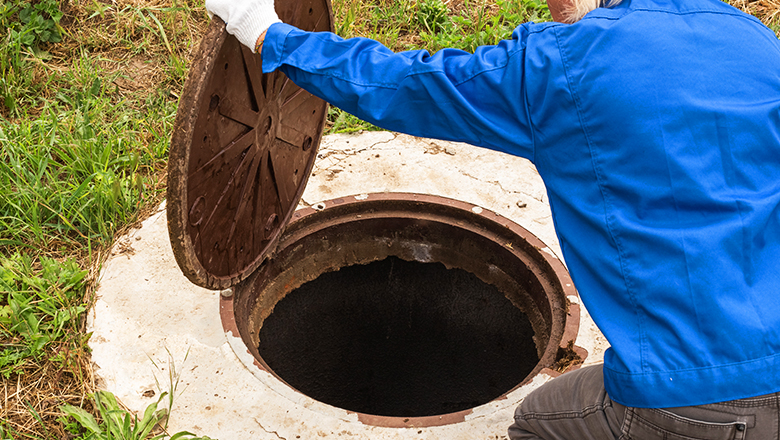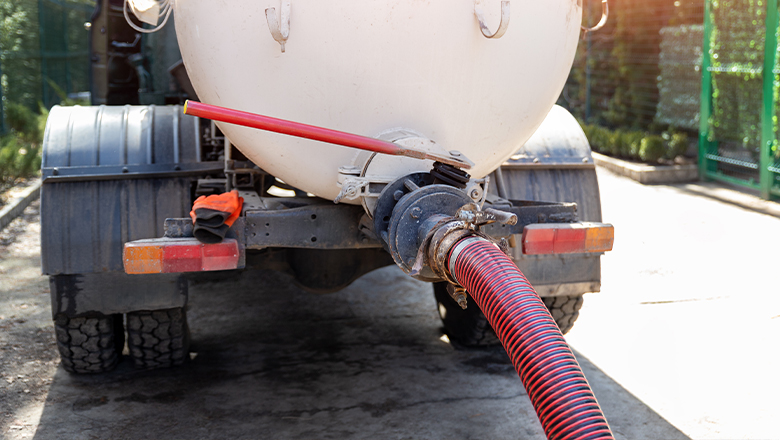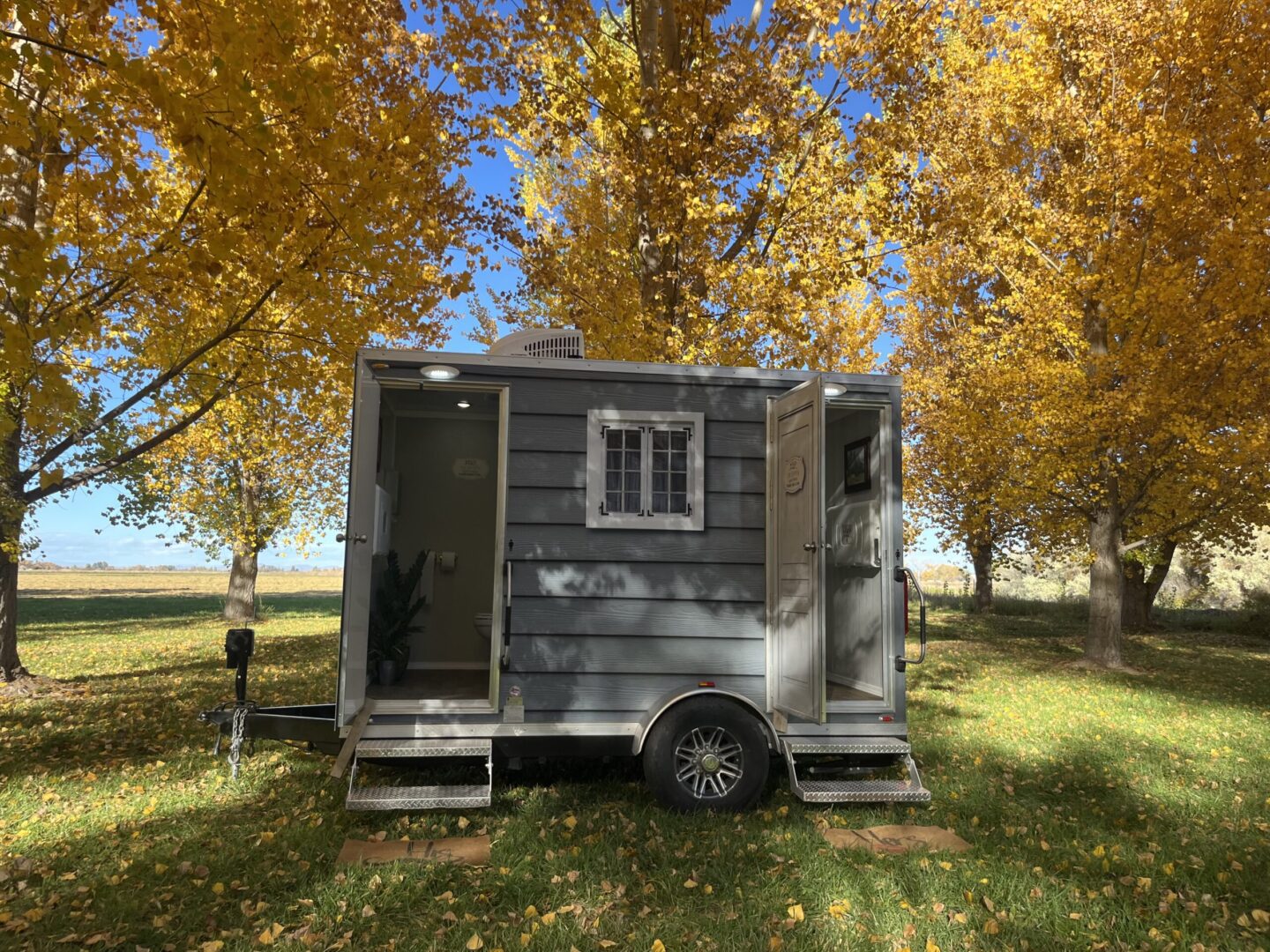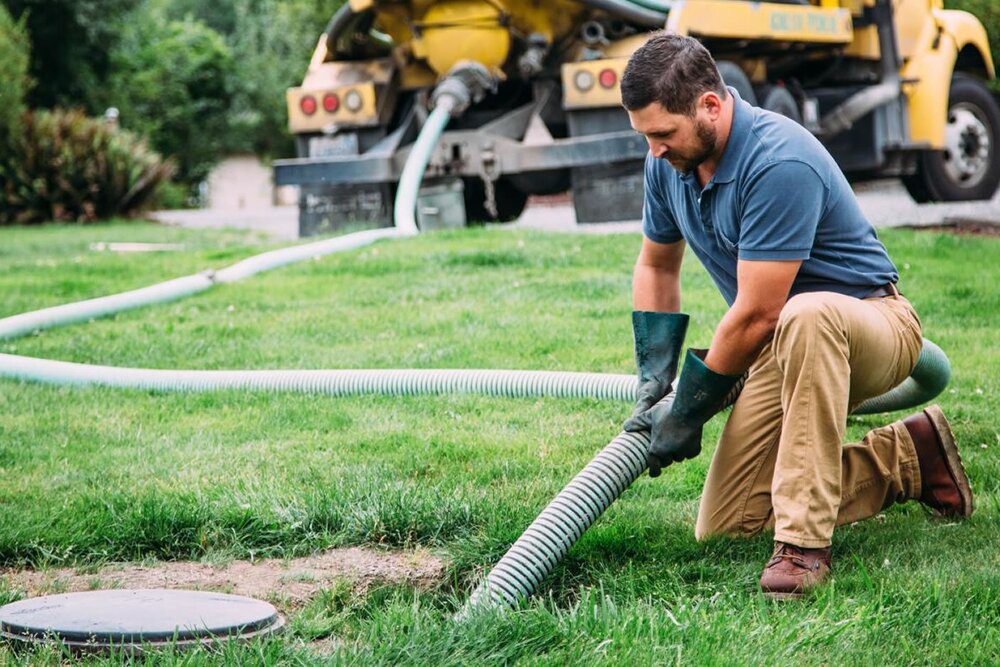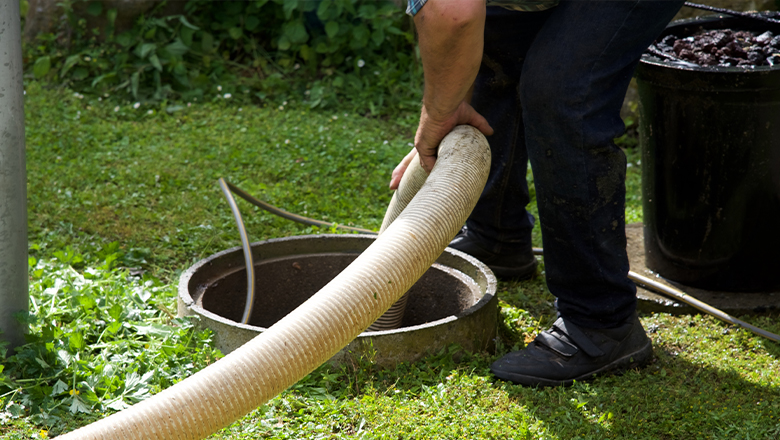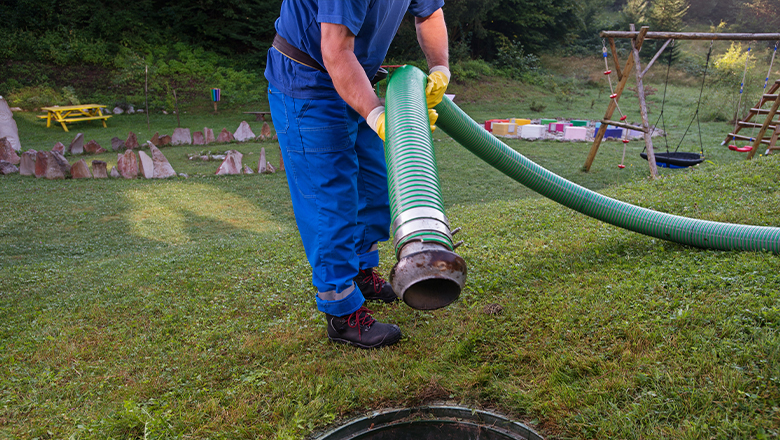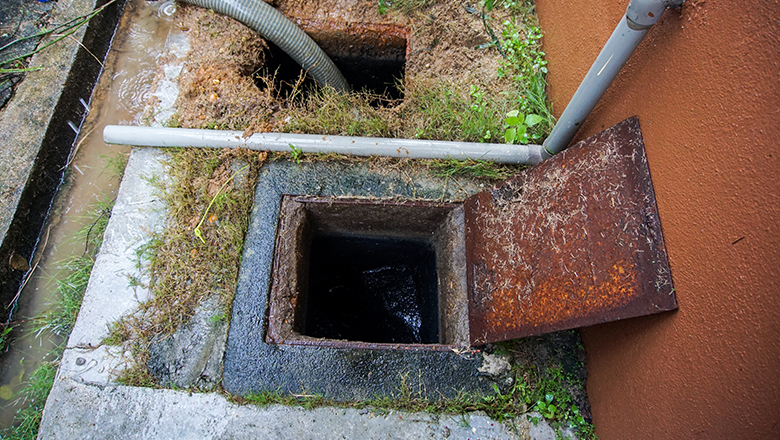Imagine a vital part of your home silently working underground, ensuring a smooth wastewater flow. That’s your septic system, and just like your car needs a spring tune-up, it craves some TLC after a long winter.
Has your spring septic system cleaning list neglected this crucial but often-forgotten hero? Fear not! This guide unveils essential spring septic tank maintenance tips to keep your septic system functioning smoothly and efficiently all year. With a little proactive care, unexpected backups and unpleasant odors become a thing of the past. So, delve into these tips and discover how to awaken your septic system for a season of worry-free performance.
Understanding Your Septic System
Before we dive into the septic tank maintenance tips, let’s establish a basic understanding of how a septic system works. A septic system is a small-scale wastewater treatment system commonly used in homes not connected to a municipal sewer system. It consists of two main components:
1. Septic Tank
The septic tank is the workhorse of your on-site wastewater treatment system. Imagine it as a large, sealed concrete or plastic chamber buried underground. Here’s where the drama unfolds:
- Solid Separation: As wastewater enters the tank, heavier solids like food scraps and toilet paper sink to the bottom. These solids decompose anaerobically, meaning they break down by bacteria that don’t require oxygen. Over time, this decomposed organic matter accumulates as sludge at the tank’s bottom.
- Fat Filter: Fats, oils, and grease (FOG) – think cooking grease or butter – are lighter than water and won’t decompose easily. They rise to the top of the tank, forming a scum layer. A healthy scum layer acts as a barrier, preventing solids from floating out to the drainfield.
2. Drainfield
The drainfield is where the magic of natural filtration happens. It’s a network of perforated pipes buried in a gravel or crushed rock bed, usually behind your house. Here’s where the effluent takes center stage:
- Gradual Release: The effluent, the liquid that remains after solids and FOG are partially treated in the tank, slowly trickles out of the septic tank and enters the drainfield through the perforated pipes. The gravel surrounding the pipes provides space for the effluent to distribute evenly.
- Soil’s Natural Power: As the effluent seeps through the gravel and into the surrounding soil, it undergoes further natural treatment. The soil acts like a giant filter, removing contaminants and pathogens from the effluent. Treated wastewater eventually returns to the groundwater, replenishing the natural water table.
Why is Spring Maintenance Important?
Regular septic system maintenance is essential for several reasons:
- Prevents System Backups: A neglected septic system can become clogged with solids and FOG, leading to backups in your home. This can be a messy and expensive proposition.
- Protects Public Health: A properly functioning septic system helps prevent groundwater contamination with harmful bacteria and viruses.
- Extends System Lifespan: Regular maintenance can help your septic system last decades.
Essential Spring Maintenance Tips
Now that you understand the cruciality of spring maintenance, let’s get down to the specifics. Here are some essential tips to keep your septic system running smoothly:
1. Inspect Your Drainage Field
The drainage field is the heart of your septic system. It’s responsible for filtering the effluent and returning it to the groundwater. In the spring, take a walk around your drainage field and look for any signs of trouble, such as:
- Soggy or Spongy Ground: This indicates that the effluent is not draining properly, possibly due to a clogged drainfield or a failing septic tank.
- Pooling Water: This is another sign of a drainage problem.
- Lush Green Growth: While some grass growth is normal, excessively lush green growth over the drainfield can indicate that the effluent is surfacing.
If you notice any of these signs of septic tank problems, it’s important to contact a septic system professional for a septic tank inspection.
2. Pump Your Septic Tank
Over time, solids will accumulate in the bottom of your septic tank. If these solids are not pumped out regularly, they can build up and clog the drainfield. The regularity of septic tank pumping can vary according to the tank size, the number of people in your household, and your water usage habits. A good rule of thumb is to have your septic tank pumped frequently. However, it’s always best to consult with a septic system professional to determine the appropriate pumping schedule for your system.
Here are some signs that your septic tank may need septic tank pumping:
- Slow drains or toilets
- Sewage odors around your home
- Backups into your drains or toilets
3. Check for Leaks and Damage
Your septic tank and drainfield should be watertight to prevent untreated wastewater from contaminating soil and groundwater. In the spring, take some time to inspect your septic system for any signs of leaks or damage, such as:
- Cracks in the septic tank lid or tank itself
- Leaking pipes
- Damage to the drainfield
If you find any leaks or damage, it’s important to have them repaired as soon as possible to prevent further problems.
4. Practice Water Conservation
Practicing water conservation is one of the best ways to keep your septic system healthy. This means being mindful of your water usage and reducing the amount of wastewater that flows into your septic tank. Here are a few tips for septic tank care:
- Fix leaky faucets and toilets
- Take shorter duration showers
- Wash full loads of laundry and dishes
- Water your lawns and gardens efficiently (avoid overwatering)
5. Avoid Flushing Harmful Substances
Your septic system is designed to manage wastewater from your toilets, sinks, and showers. However, certain substances can harm the delicate bacteria in your septic tank and disrupt its ability to function properly. These substances include:
- Grease, Oil, and Fat (FOG): FOG can coat the pipes and clog the drainfield.
- Coffee Grounds: Coffee grounds can accumulate in the septic tank and contribute to clogging.
- Harsh Chemicals: Bleach, drain cleaners, and other harsh chemicals can kill the beneficial bacteria in the septic tank.
- Pharmaceuticals: Many can pass through your septic system and contaminate the groundwater. It’s best to dispose of unused or expired medications properly.
- Non-biodegradable Items: Diapers, wipes, feminine hygiene products, and other items can clog your septic system.
6. Maintain Vegetation Around the Septic System
The vegetation around your septic system can play an important role in its proper functioning. Tree and shrub roots can damage the septic tank and drainfield. Keeping trees and shrubs at least 50 feet from your septic system is important. Additionally, avoid planting large trees or shrubs over the drainfield, as their roots can clog the pipes.
7. Schedule a Professional Inspection
Even if your septic system is functioning properly, having a professional inspect it every 2-3 years is a good idea. A professional septic system inspector can identify problems before they become major headaches. They can also provide you with personalized suggestions on how to maintain your septic system for optimal performance.
Spring into Action: MVP Rentals – Your Partner in Septic System Care
Following these essential spring septic tank maintenance tips can help ensure your septic system functions smoothly and efficiently for years. A healthy septic system protects your home’s value and public health. If you’re located in Idaho Falls, Pocatello, Rexburg, or Twin Falls and looking for a reliable septic system service provider, look no further than MVP Rentals. Our crew of experienced and certified professionals can handle your septic system needs, from routine septic tank maintenance to pumping and repairs. Contact MVP Rentals today for a free consultation and learn how we can help you keep your septic system healthy and functioning properly.
Take your time with a septic system emergency! Schedule your spring septic system maintenance appointment with MVP Rentals today. Call us at (208)-529-9916 to learn more about our services.

